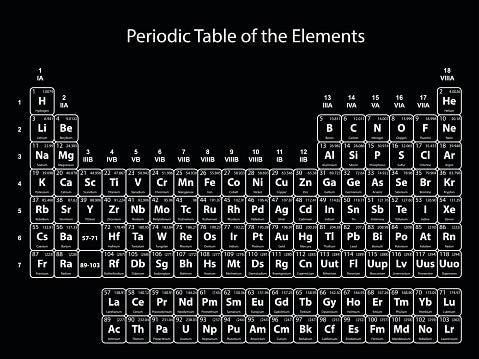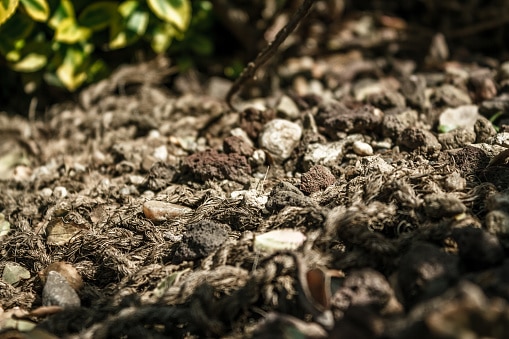
It has been noted that in a few hundred more years — considering the present rate of discovery — we will have all the answers on the role of trace minerals in crop production. Answers for the complexities that attend weed growth may take even longer. The information offered here will help the commercial crop producer become independent of the allopathic system, but it also forces him to move out into the field. The skills that backbone these biographies cannot be learned through a windshield or from local radio stations blasting their herbicide messages into the tractor cab.

When soil is unhealthy you’ll notice that it’s too silty or too compacted. Also pay attention to how water flows through the soil structure.

When limestone is put on the soil, it accepts acidity from the clay, just as other minerals do in the rock weathering processes.

The connection between enzymes and specific minerals has been made in only a few cases. The full inventory of knowledge awaits discovery.

The truth is that organic nitrogen sources vary in their efficiency of transformation into soil components over a much broader range of response than do inorganic synthetics, which offer precision measurement and a repeatable predictability of release.

Demineralization occurs rapidly on intensively farmed and tropical soils. Rock dust can reverse this process, restoring life to the soil by adding a myriad of minerals to feed microorganisms and, given enough organic matter, helping to rebuild topsoil rapidly.








